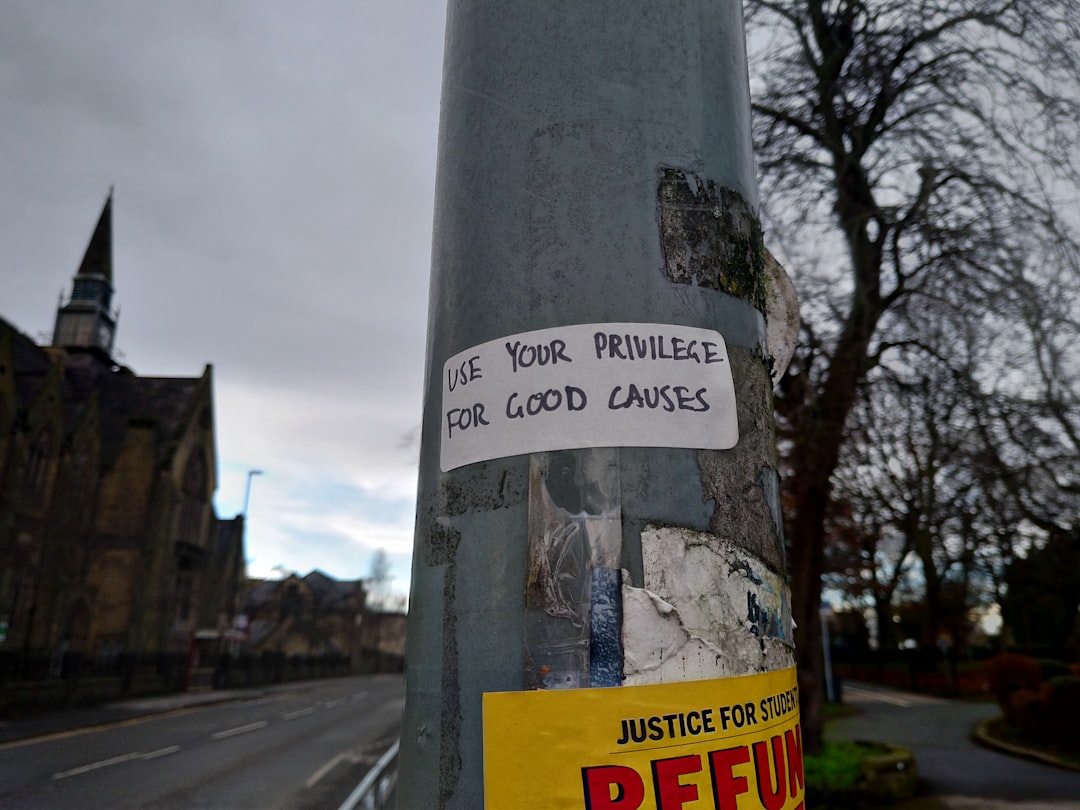
Elites Privileged Lives: How Hegemony Distorts Reality in America
Ah, the elites—those glittering paragons of virtue who soar above the fray, sipping their organic lattes while discussing how to save the planet from the comfort of their private jets. Yes, folks, this is the world that the World Economic Forum and its esteemed leader, the self-styled “globalist,” have crafted. But in this opulent bubble, a fundamental question arises: how does their privileged existence distort our shared reality?
The Hegemony of the Elite
To understand the hegemonic grip these elites have on our society, we must first recognize that their worldview is shaped by their extraordinary wealth and privilege. Living in gated communities, attending exclusive galas, and mingling with fellow billionaires, they have carved out a reality that is far removed from the struggles faced by everyday Americans. This disconnect is not merely a cultural quirk; it has profound implications for policy-making and societal norms.
When these elites convene in lavish Swiss resorts, they are not merely discussing the future of the planet—they are crafting it. Their policies often reflect their interests, which means they prioritize solutions that benefit their financial portfolios over the needs of the common citizen. While they preach the virtues of sustainable living, they conveniently overlook the fact that their lifestyles emit more carbon than a small nation. Hypocrisy? Oh, it’s just a byproduct of their privilege.
The Data Doesn’t Lie
Consider the data. According to a report from a credible think tank, the wealthiest 1% of Americans have amassed nearly 40% of the nation’s wealth. Meanwhile, the bottom 90% share a paltry 25%. This staggering inequality is perpetuated by a system that rewards the rich and punishes the poor. The elites’ policies often reinforce this disparity, cloaked under the guise of progressive reform.
For instance, the push for universal basic income (UBI) might sound noble, but it’s largely supported by those who can afford to pay workers less. UBI becomes a way to placate the masses, allowing the elites to maintain their status without actually addressing the root causes of poverty. Instead of empowering individuals, it creates a dependency that ensures the elite remain firmly entrenched in their thrones of privilege.
The Media and Cultural Hegemony
Let’s not forget the role of the mainstream media in all this. The elites have a stranglehold on narrative control, shaping public discourse to align with their interests. By promoting certain stories while dismissing others, they create a skewed perception of reality that serves their agenda. News outlets that cozy up to the elite often portray the struggles of the average American as mere anecdotal evidence, while elevating elite viewpoints to gospel.
Take, for instance, the narrative around climate change. While scientists warn us of impending doom, the elites host extravagant events, flaunting their wealth while masquerading as saviors. Their solution? “Just give up your gas-powered car, plebeians!” Meanwhile, they continue to jet-set around the world, attending summits to discuss how they can save us from ourselves.
Counterarguments and the Case for Change
Of course, one could argue that not all elites are bad. Some genuinely seek to make a difference. However, the problem lies in the structure itself. When wealth translates into power, it creates a system where the voices of the many are drowned out by the few. The reality is that true change cannot come from the top down; it must bubble up from the grassroots. The elite’s benevolence is often a veneer for maintaining the status quo.
So, what can be done? First, we must hold these elites accountable. We need transparency in their dealings and a demand for real, actionable change that prioritizes the needs of the many over the whims of the few. Political movements that challenge the status quo must gain traction, and citizens must be engaged in the political process.
Conclusion: Time for a Reality Check
In conclusion, the privileged lives of elites and their hegemonic influence distort our collective reality in America. Their policies often serve their interests, not ours. As citizens, we must be vigilant and demand accountability from those who hold power. It’s time to dismantle the narratives crafted by those who live in gilded cages and reclaim our shared reality.
Let’s face it: the elites may have their castles, but we have the numbers. It’s high time we remind them that the people, not the privileged few, are the true stewards of our reality. The power to change the narrative lies within us, and together, we can break the chains of hegemony that bind us.
Tags: opinion, editorial, current events, elites, hegemony, privilege, reality distortion, accountability, grassroots movements


